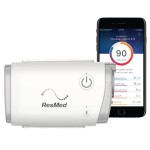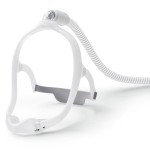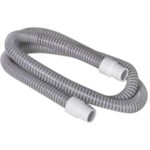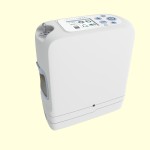How Is CPAP Therapy Different From Other Sleep Apnea Treatments?
CPAP therapy is just one of several treatment options available for sleep apnea, a sleep disorder that causes interruptions in breathing during sleep. While CPAP therapy uses a machine to deliver a continuous flow of air to the airway, keeping it open and preventing disruptions in breathing, other sleep apnea treatments take a different approach to managing the condition.
Some alternative treatments for sleep apnea include lifestyle changes, such as losing weight, quitting smoking, and avoiding alcohol and sedatives. In some cases, positional therapy, which involves sleeping on your side rather than your back, can help to reduce sleep apnea symptoms.
Oral appliances, such as mandibular advancement devices, can also be used to treat sleep apnea by repositioning the jaw and tongue to help maintain an open airway. In some cases, surgery may be recommended to remove excess tissues from the throat that are obstructing the airway.
Each of these treatment options has its own advantages and disadvantages, and the best treatment for each individual will depend on a variety of factors, including the severity of their sleep apnea, their overall health, and their personal preferences. Some individuals may find that a combination of treatments works best for them.





